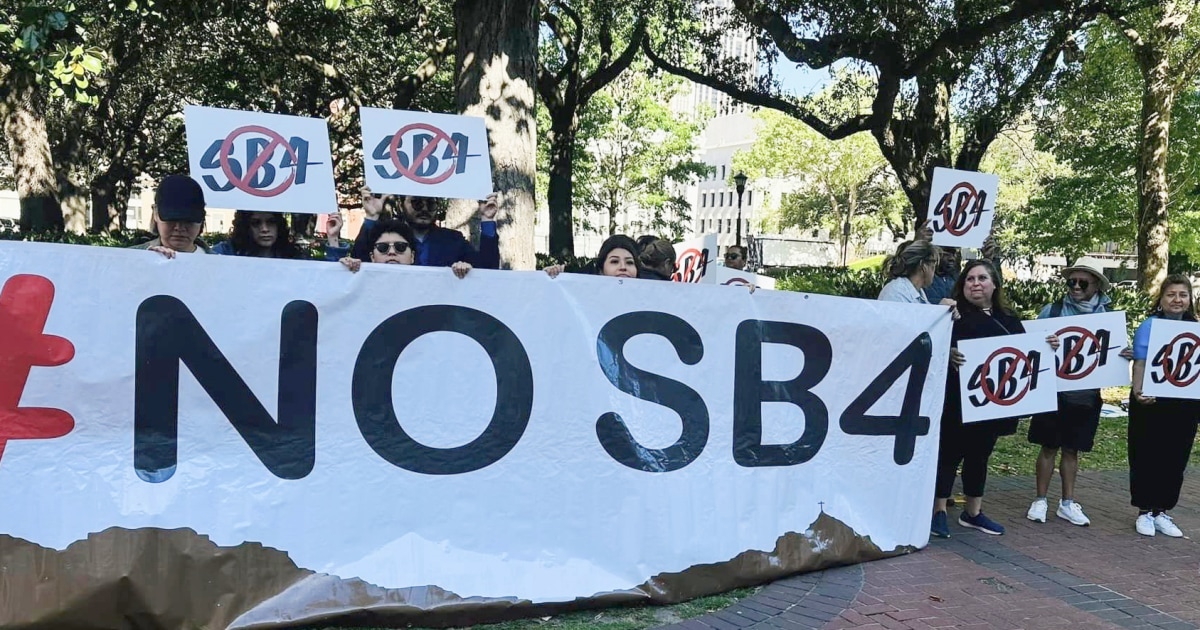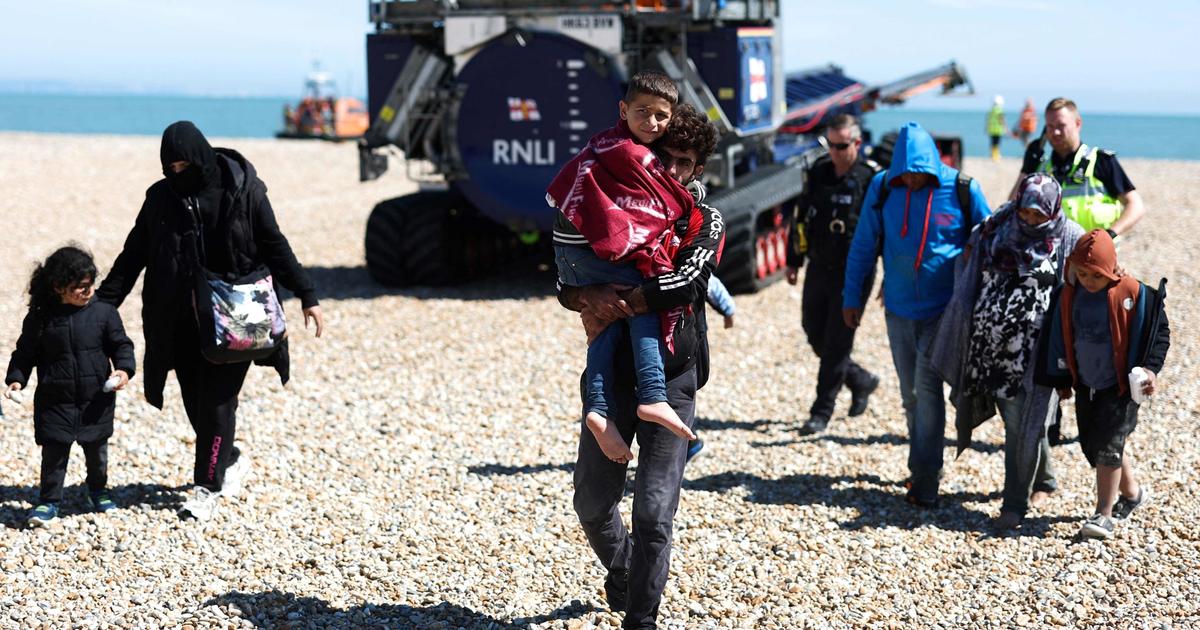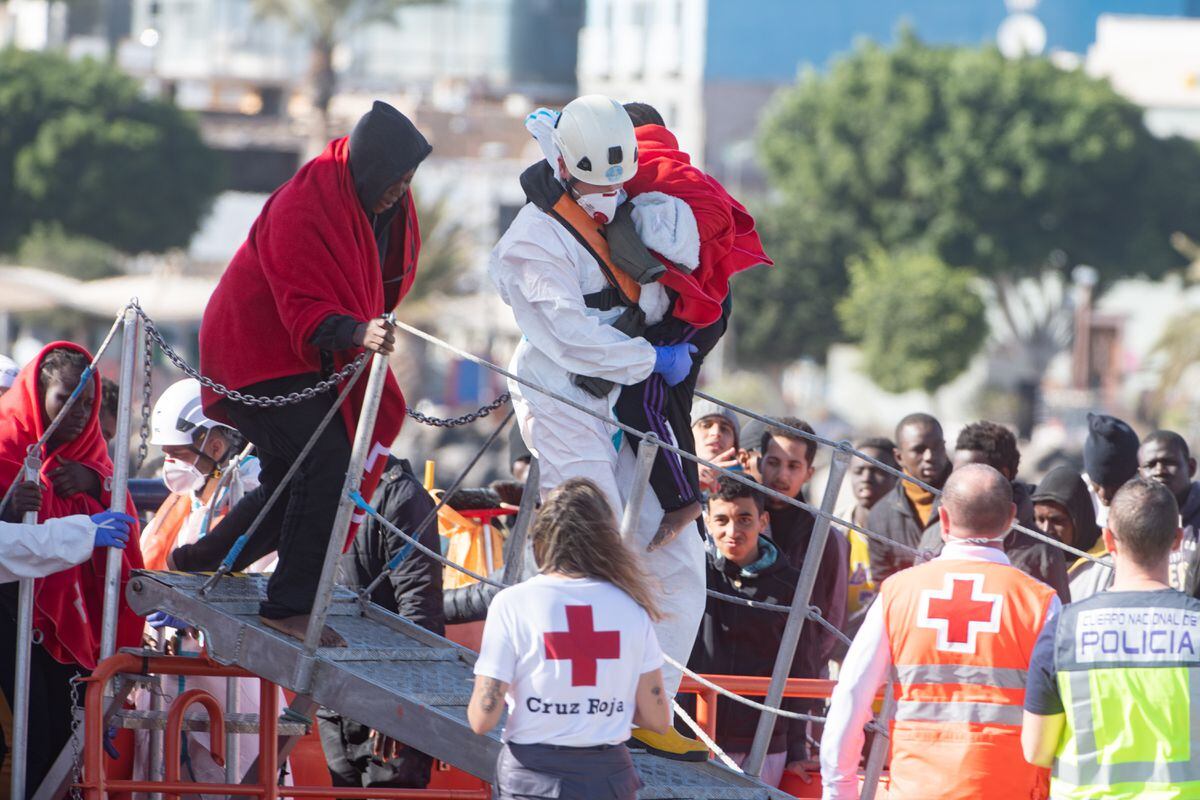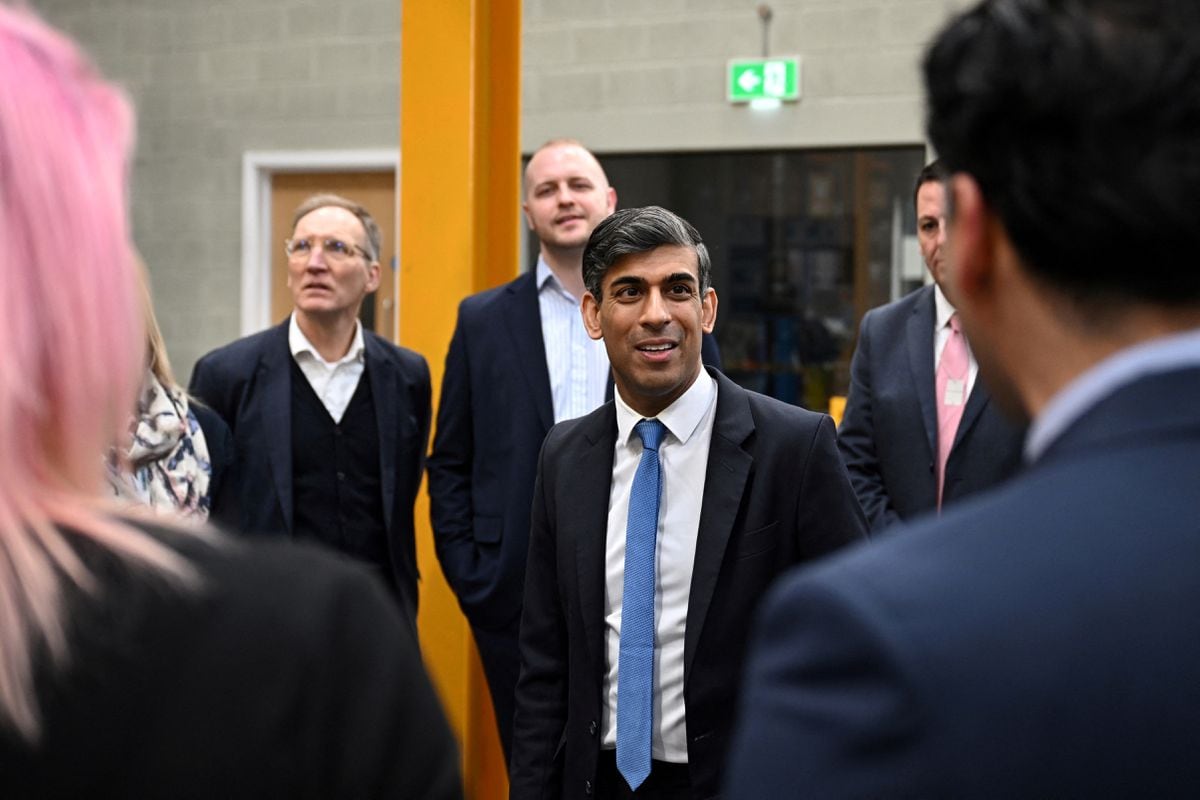Migratory pressure coincides in the United Kingdom with the unfortunate concomitance of three factors that threaten to unleash a humanitarian cataclysm. The first is fundamentally political in nature, with the hard-line government of Boris Johnson, which has undertaken a legislative reform that will penalize with up to four years in prison arriving without papers on British soil; the second concerns the unprecedented numbers in the volume of people intercepted in the English Channel; And, to complete the perfect storm, could not miss the toxic rhetoric on immigration that, already in 2016, had lit the fuse that would facilitate the victory of Brexit.
The tragic picture of a boat attacked by human beings desperate for what they perceive as their salvation has become a common scene on the southern coast of England.
But familiarity does not mean acceptance, as the agents of the Royal National Lifesaving Institution (RNLI) can corroborate every day, who recently denounced the harassment to which they are subjected by the rescue operations they undertake in the sea, including verbal attacks, throwing of objects and harangues with a common denominator: "Go to France."
More information
Problems surround Boris Johnson after two years of reign
Boris Johnson's Finance Minister consolidates his position as successor
The proof of the pressure cooker the UK is becoming is that no one is safe. The controversial National and Borders Law project, currently in parliamentary process, includes a clause that redefines the concept of “facilitating” illegal immigration, and although its fundamental objective is, a priori, to pave the way to impute those who handle the boats , legal experts warn that it could go against the RNLI itself for the mere act of saving lives.
The Interior Ministry defends the legislative reform, considered the most far-reaching in decades, as an attempt to resolve an immigration system that it considers "broken." However, humanitarian organizations, prestigious academic institutions such as the University of Oxford, or the London School of Economics, and even the United Nations have warned of the impact of a text that undermines the Refugee Convention, which this year celebrates its 70th anniversary.
It is difficult for the criticism to intimidate the person in charge of the restructuring, Priti Patel, one of the most controversial names in Johnson's cabinet, accused of having broken the ministerial code by the highest Interior official and the scourge of practically all the unions that depend on your department. The daughter of immigrants (her parents came to England in the 1960s from Uganda, where her grandparents had emigrated from India), the new law bears her most genuine stamp, with proposals that allow her to arrogate the power to expand the settlements established in the past. year to house clandestine immigrants, more like refugee camps than what would be expected in the second richest country in Europe, and send them to overseas territories, while their residency claims are processed,even if no country has agreed to take over.
Join EL PAÍS now to follow all the news and read without limits
Subscribe here
Patel maintains that the spirit of the law is fair: if you do not have permission to enter the United Kingdom, you cannot expect clemency, hence, to soften the blow, you have decided to facilitate the process for those who have official status refugee.
The formula, she says, "is based on need, not on the ability to pay those who traffic in people," an analysis that conveniently overlooks the great paradox of her approach: only those who arrive legally in the UK will have help. But the closure of all viable routes means, in practice, that there is no legal way to access British soil.
As if that were not enough, this differentiation threatens to generate a two-level system, in which, for the Executive, only one is valid, directly colliding with the basic principle of the Refugee Convention that stipulates the “universal right” to request asylum . As Alf Dubs, patron of the Refugee Council and member of the House of Lords, had recently synthesized, “how someone is forced to go on their journey to safety, whether at the hands of smugglers, or in a boat, it does not define whether he is a refugee or not ”.
The new law also complicates the equation even more: currently, the undocumented can only be charged if they enter the country, but since many are intercepted in their attempt, in practice, they do not enter the United Kingdom in any way. illegal, since they are escorted by the rescue corps. Patel's proposal states that all those who "arrive in the UK without a valid entry permit" face four years in prison, a penalty that, according to a study by the Refugee Council, would amount to 412 million pounds annually (485 million pounds). euros), that is, five times more than the cost of covering them in the asylum seeker support system.
As if that were not enough, immigrants have to face the profound discrepancies in the way of conceiving the crisis on the part of London and Paris. The British authorities denounce the French refusal to return them to France when it finds them crossing the Channel, while the French Executive insists that the maritime law establishes that it can only intervene if the immigrants request it, hence the only thing it can do is accompany them until British waters.

/cloudfront-eu-central-1.images.arcpublishing.com/prisa/YO4HFTWAGEWKOAWO3AIRWDUYDY.jpg)







